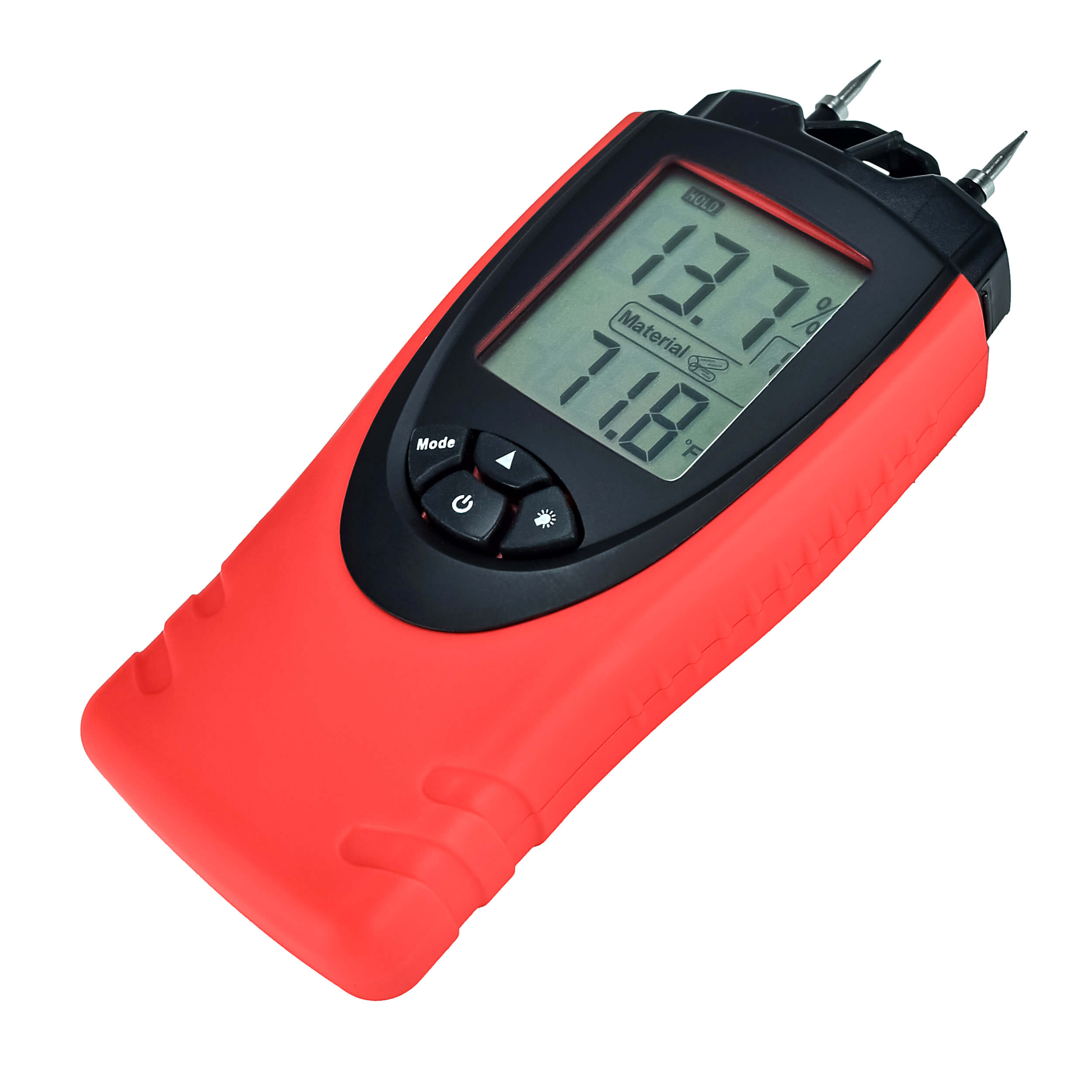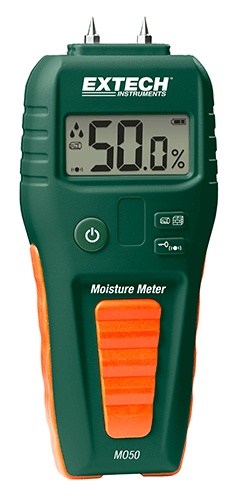The Ultimate Guide to Moisture Meters: A Comprehensive Review and Just How They Can Save You Money
In the world of building upkeep, building, and numerous markets, the importance of precisely determining wetness degrees can not be overstated. Moisture meters work as indispensable devices in finding and keeping an eye on moisture content in products, aiding in stopping costly damages and making certain the quality of items. Comprehending the nuances of various types of dampness meters, their applications, and the possible cost-saving benefits they offer can be a game-changer for companies and experts alike. Discovering exactly how these devices can not just simplify procedures yet likewise contribute to financial savings is a trip worth starting.
Kinds of Moisture Meters
One typical type is the pin-type wetness meter, which determines the electrical resistance in between two pins inserted into a product. Pinless dampness meters, on the various other hand, use electromagnetic sensor plates to check a bigger area without triggering damages to the product's surface.
Infrared moisture meters gauge the thermal properties of a product to identify its dampness web content non-invasively, making them beneficial for applications where pin or pinless meters may not be suitable. Comprehending the different kinds of dampness meters available can aid sectors choose the most appropriate tool for their particular moisture measurement needs.

Benefits of Using Moisture Meters

Furthermore, using wetness meters can lead to raised energy effectiveness. In agricultural setups, wetness meters play an important role in enhancing crop yields by enabling farmers to keep an eye on soil dampness levels and make notified watering decisions.
Exactly How to Pick the Right Moisture Meter
Selecting the proper dampness meter entails thinking about crucial aspects such as material compatibility, dimension array, and calibration precision. When choosing a wetness meter, it's necessary to guarantee that the meter is appropriate for the details material you will certainly be screening. Various materials have varying electric residential properties that can influence moisture readings, so choosing a meter developed for your material is essential for accurate outcomes. In addition, take into consideration the dimension variety of the dampness meter. Ensure that the meter can detect wetness levels within the range required for your applications. Calibration precision is one more critical variable to bear in mind (Moisture Meter). Select a moisture meter with dependable calibration to make certain regular and precise analyses. Some meters may need routine calibration adjustments, so recognizing the calibration process is essential. By carefully assessing these factors, you can select a moisture meter that satisfies your demands and offers accurate moisture measurements for your tasks.
Proper Techniques for Moisture Meter Usage
To ensure exact moisture readings and maximize the performance see here now of a dampness meter, employing appropriate methods is vital. When using a pin-type dampness meter, put the pins or probes into the material being tested until they make complete get in touch with. Make certain the pins are perpendicular to the surface area to get the most specific analysis. For pinless dampness meters, hold the gadget level against the product and move it gradually to cover the entire area for an average analysis. It's critical to adjust the wetness meter according to the material being examined to enhance precision. Take several readings across the surface area and average them out for an extra dependable outcome. Additionally, ensure that the material being examined is adapted to the environment to stop skewed analyses. Routine upkeep of the moisture meter, such as cleaning up the pins or sensing unit, is likewise essential to guarantee consistent and precise analyses. By following these correct methods, customers can count on their wetness meter to give trustworthy moisture levels, aiding in avoiding expensive damages or making sure quality in numerous applications.

Expense Cost Savings With Moisture Meter Applications
How can the critical utilization of moisture meters cause significant expense savings across numerous industries? Dampness meters play an essential function in cost savings by avoiding potential damage and making sure top quality control in various industries. In the farming industry, moisture meters aid in identifying the optimal time for harvesting crops, protecting against over-drying or excess moisture that can affect the end product's high quality. This exact surveillance assists farmers avoid unnecessary losses and maximize their yield.

Moreover, in the food handling sector, moisture meters are necessary for checking item high quality and guaranteeing compliance with safety regulations. By accurately measuring dampness web content in food items, manufacturers can stop perishing, preserve freshness, and reduce waste, leading to considerable expense savings. On the whole, the strategic application of dampness meters you can try these out is a valuable investment that can cause considerable expense reductions and boosted effectiveness throughout numerous sectors.
Verdict
In verdict, moisture meters are useful tools for detecting and measuring wetness degrees in different products. By utilizing the right dampness meter and following appropriate techniques, individuals can effectively protect against pricey problems created by excess wetness.
Dampness meters serve as essential tools in spotting and monitoring moisture content in materials, helping in preventing expensive problems and ensuring the high quality of items. Infrared moisture meters measure the thermal properties of a material to identify its dampness material non-invasively, making them useful for applications where pin or pinless meters may not be appropriate.Wetness meters offer very useful benefits in properly assessing and keeping an eye on wetness levels in diverse materials and environments. In agricultural settings, wetness meters play a critical function in optimizing plant returns by enabling farmers to monitor soil moisture degrees and make educated irrigation choices.In verdict, wetness meters are useful tools for detecting and gauging why not check here dampness degrees in numerous products.